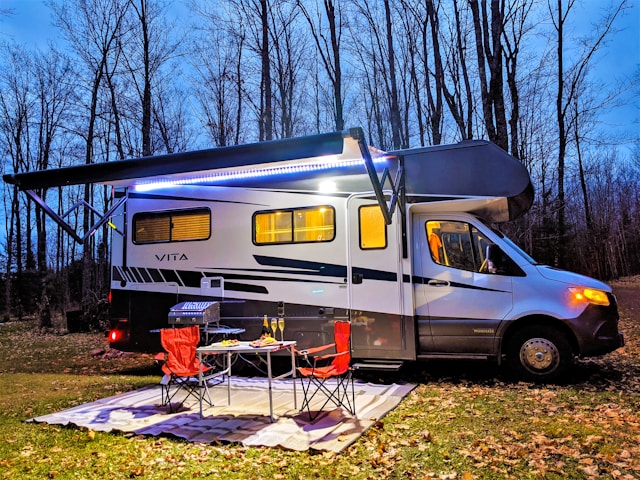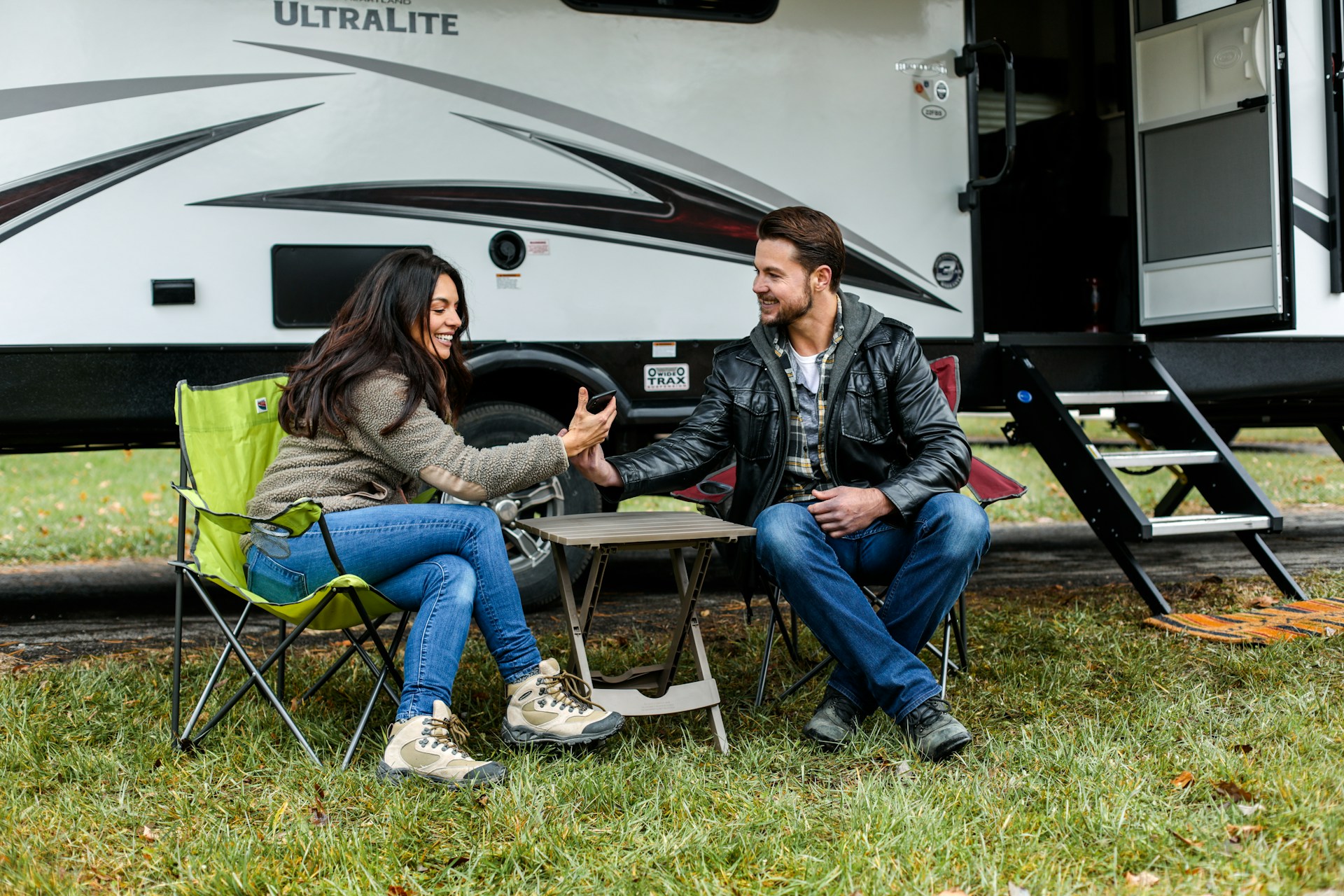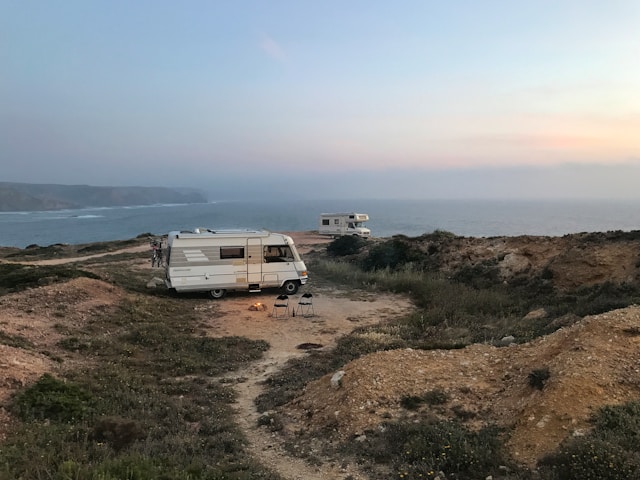
Buying an RV in 2024: Key Considerations for Your Purchase
cannon
- 0
With the arrival of 2024, the RV landscape presents a diverse range of options, from innovative models brimming with modern amenities to eco-friendly units designed for a smaller carbon footprint. Prospective buyers are encouraged to weigh their options carefully, considering factors such as their intended use, frequency of travel, required space, and budget constraints. Understanding how one plans to use the RV—as a weekend warrior, a full-time traveler, or somewhere in between—will greatly influence the type of RV that will best suit their lifestyle.
As the industry responds to changing consumer needs and preferences, those interested in purchasing an RV should be cognizant of the prevailing market conditions. Trends indicate a consolidation among RV manufacturers, which affects availability and choice. Additionally, the balance between price and quality remains a pivotal point; as the industry comprises a spectrum of construction standards, discerning buyers focus on long-term reliability and build quality over mere aesthetics.
Lastly, those in the market for an RV must navigate the nuances of ownership, ranging from legal protections to maintenance responsibilities. Making an informed decision involves recognizing the implications of ownership beyond the initial purchase, ensuring one’s investment remains a source of joy rather than becoming a burdensome obligation. Whether seeking a vehicle for the occasional escape or a home on wheels, careful consideration of these many factors will help secure an RV that fits both dreams and reality in the year ahead.
Assessing Your Needs
When preparing to purchase an RV in 2024, buyers should meticulously evaluate their specific requirements to ensure they make a fitting choice. Key considerations include the expected usage, the number of passengers, and the balance between comfort and cost.
Determining Size and Capacity
One should meticulously consider the size of the RV they need. Factors such as the number of people it needs to accommodate and the intended use—for full-time living or occasional travel—will influence this decision. For instance, a couple might be comfortable in a compact Class B motorhome, whereas a larger family would require the additional space provided by a Class A or fifth-wheel trailer.
Type and Model Selection
The variety of RVs available—ranging from motorhomes to travel trailers and fifth wheels—requires buyers to understand the distinctions and functionalities of each type. For frequent movers, a motorhome might be more convenient. However, those planning to station their RV for extended periods might consider a travel trailer, which allows the towing vehicle to be used separately.
New vs. Used RV Considerations
Buyers must weigh the pros and cons of purchasing a new versus a used RV. A new RV may offer the latest technologies and warranties, yet at a higher cost. Conversely, a used RV can be more affordable, but buyers should be thorough in assessing maintenance history and potential wear-and-tear to avoid unexpected expenses.
Budgeting for Your RV
When considering an RV purchase in 2024, buyers need to account for initial costs as well as future expenses related to maintaining and operating their new home-on-wheels.
Upfront Costs
The initial financial commitment for an RV encompasses more than the sticker price. Prospective owners should factor in the cost of desirable features, as highlighted in the 2024 RV Buyer’s Guide, which may include special floorplans or advanced technology packages. It’s also important to include the taxes, registration fees, and any immediate upgrades or customizations in the overall budget.
Ongoing Maintenance and Operation Expenses
Beyond the purchase price, RVers must consider the ongoing costs, such as regular maintenance, repairs, fuel, insurance, and campground fees—many of which are subject to annual increase. Additionally, the choice of an RV will impact these expenses; for example, larger models typically incur greater fuel and maintenance costs. It is prudent for buyers to research and prepare for these financial responsibilities to ensure a stress-free RVing experience.
Legal and Compliance Issues
When purchasing an RV in 2024, potential owners must navigate a series of legal and compliance issues. These include ensuring proper registration and insurance, understanding driver’s license requirements, and being aware of warranty and service contract stipulations. Each of these areas is vital to lawful and worry-free RV ownership.
Registration and Insurance
Registration: An RV must be legally registered in the owner’s state before it can be driven. The process often involves paying a fee, which varies by state and the size and type of the RV. Documentation needed typically includes proof of ownership, such as a title or bill of sale, and a valid identification number.
Insurance: RV insurance is mandatory and should cover liability, collision, and comprehensive costs. Owners may also consider additional coverage for personal belongings, emergency expenses, and total loss replacement. Ensure to research the insurance requirements specific to RVs in your jurisdiction.
Driving License Requirements
Class and Endorsement: Depending on the RV size, a standard driver’s license might not suffice. Larger RVs may require a special class category or an endorsement. Prospective buyers should check with their local Department of Motor Vehicles for specifics on license requirements for driving an RV.
Warranty and Service Contracts
Understanding protections: RV warranties and service contracts can safeguard owners from unforeseen repair costs. It’s crucial to understand what the warranty covers and for how long. Service contracts may extend protection but come at an additional cost.
Lemon Laws: Some states have ‘lemon laws’ that could protect buyers if their RV is consistently defective. Owners should be familiar with their state’s lemon laws and how they apply to RVs. It’s advisable to know the criteria that classify an RV as a lemon in their state.
Pre-Purchase Inspection
Conducting a thorough pre-purchase inspection is crucial when buying an RV in 2024. It ensures that a buyer invests in a vehicle that’s safe, reliable, and worth the price.
Professional RV Inspection
Seeking a professional RV inspection helps identify potential problems that might not be evident to the untrained eye. Professionals evaluate critical systems such as plumbing, electrical, and HVAC. According to Parked in Paradise, including specifics like the RV’s wheelbase measurements and tank capacities in an inspection can prevent future inconveniences.
Checking for Quality and Functionality
A comprehensive checklist covering both the interior and exterior of the RV is essential for assessing quality and functionality. Buyers should:
- Check for signs of water damage or structural wear.
- Test all appliances and systems to ensure proper operation.
- Inspect tires for wear and examine the roof and windows for integrity. RV Love shares insights into how a detailed inspection can save buyers money in the long run by flagging issues beforehand.
Negotiating and Closing the Deal
Armed with inspection results, buyers are positioned to negotiate effectively. They should:
- Discuss the need for repairs or price adjustments.
- Finalize the purchase with a clear understanding of the RV’s condition.
- Ensure that all agreements and warranties are documented for future reference. Guidance can be found via resources like Camper Smarts, which highlight the importance of a checklist during the buyer’s decision process.
Frequently Asked Questions
When diving into the world of recreational vehicles, prospective buyers are faced with numerous considerations and choices. The following questions address common concerns and provide concise, informed answers to aid in the decision-making process.
What are the cost advantages of purchasing directly from an RV manufacturer?
Buying directly from an RV manufacturer can lead to cost savings. Manufacturers often offer lower prices as there is no dealership markup, and they may provide more options for customization at a reduced cost.
What essential factors should be considered when buying a first-time camper?
First-time camper buyers should prioritize budget, intended use, size, and the features they require for comfort. It’s important to consider how often the RV will be used and the type of trips planned.
How do I determine which type of motorhome is right for my needs?
One should consider the size of the motorhome, fuel efficiency, layout, and amenities. Class A motorhomes offer more space and luxury, while Class B and Class C motorhomes provide better fuel efficiency and are easier to handle.
What should I inspect when considering a pre-owned Class C RV?
When inspecting a pre-owned Class C RV, one should check for signs of wear and damage, maintenance records, mileage, tire condition, and the functionality of all systems, including electrical, plumbing, and HVAC.
Which questions are critical to ask sellers before finalizing an RV purchase?
Critical questions include asking about the RV’s maintenance history, any prior accidents or damage, the reason for selling, and any included warranties or guarantees. One should also inquire about the terms of payment and delivery.
When is the optimal time of year to invest in an RV for the best deals?
The optimal time to invest in an RV is typically during the off-season months, such as late fall and winter, when demand is lower. Additionally, one may find discounts at RV shows or end-of-model-year clearance events.
Related
Post Disclaimer
The information contained in this post is for general information purposes only. The information is provided by me and while we endeavor to keep the information up to date and correct, we make no representations or warranties of any kind, express or implied, about the completeness, accuracy, reliability, suitability or availability with respect to the website or the information, products, services, or related graphics contained on the post for any purpose.

